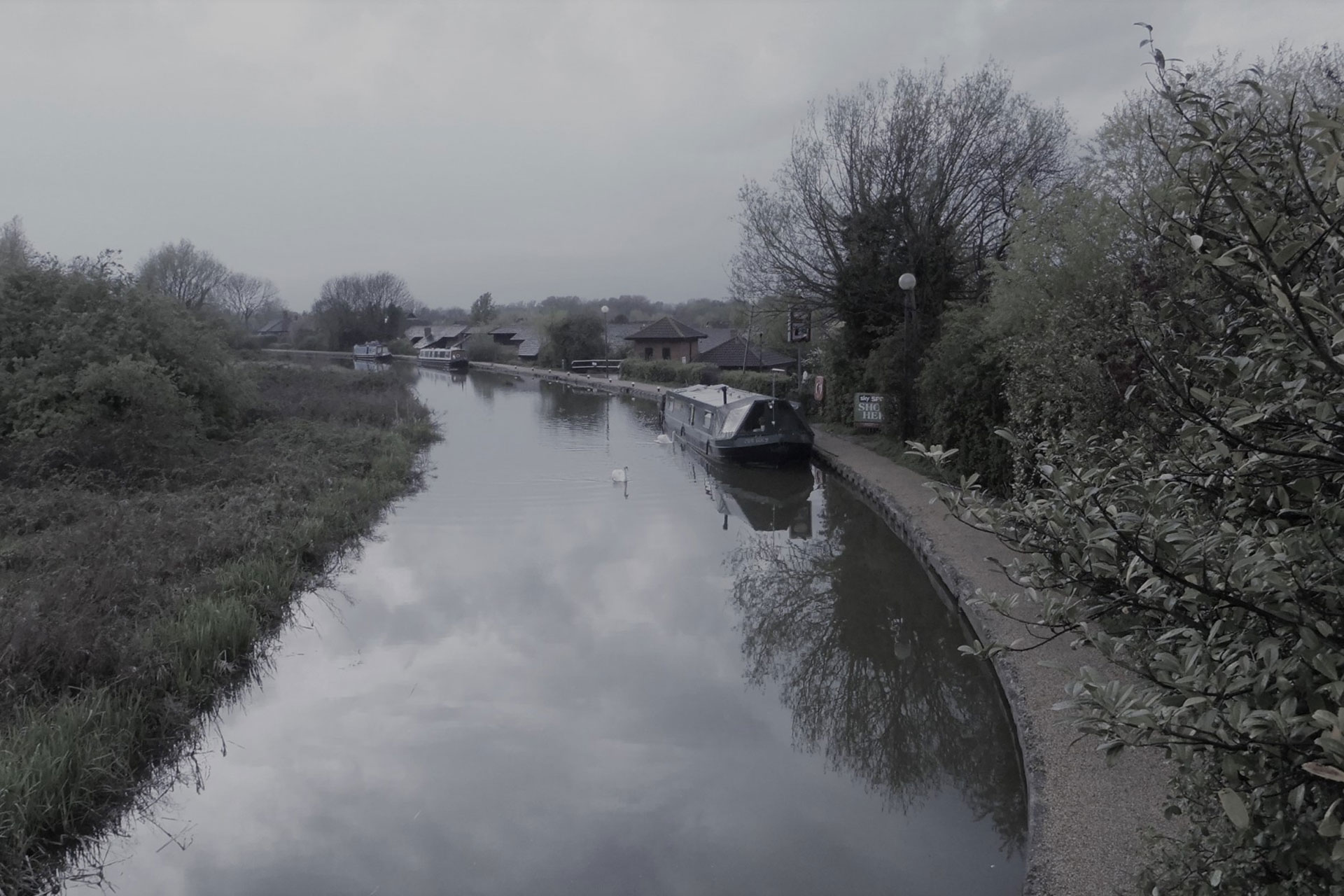What makes Milton Keynes the place to be for business? As one of the fastest growing and most successful commercial centres in the UK, we are busy innovating and driving economic growth for a promising future. However, it is worth taking a moment to remember where we came from as it equips us for how we move forward.
The concept of Milton Keynes, as the newest city in England, had embedded in the original purpose and design an approach to sustainable and responsible development. From the focus on green spaces and linear parks, to our red ways, strong road and rail links to London to promote strong business and economic links, street plans for gardens and community living, to our dedicated business hubs – we have built into the city a sustainable mindset. And so, as the city steps into the future from a strong sustainable past, our businesses likewise need to step into that sustainable future.
Today, our goal to be a showcase low carbon city is wholly appropriate. Our series of low carbon programmes, such as low carbon homes and autonomous vehicles, help us make the most effective use of our vital resources. However, there are so many more opportunities we have available to us.
- First, we need to encourage the public sector, academics, voluntary groups, people and businesses to work together. By hearing all the voices and giving opportunities for all stakeholders to be at the table, we can leverage far more insights, expertise, resources and opportunities as a combined group.
- Second, and for business especially, to be responsible and sustainable is now a proven driver of growth. Big companies such as Unilever have found that purposeful and sustainable brands grow 50% faster than the rest of the business. The 2016 Big Innovation report found that British companies have a £130 billion opportunity per year if they organised themselves around a clear purpose.
- Third, to be genuinely sustainable is now, in the age of social media and heightened consumer awareness, a social norm. A limited brand not addressing its impacts and responsibilities will fall behind the rest of the pack. A new report by communications agency FleishmanHillard Fishburn (FHF) revealed that 93% of the millennial generation want to buy from companies that have purpose, sustainability and environmental stewardship built into their ethos.
The only way that a business can embrace these opportunities is to embed sustainability within its strategy, mindset and operations of organisations. This requires leadership, board supervision, employee engagement and leveraging your value chain. This means that sustainability needs to be implemented within all departments. If we look at Marketing, for example, sustainable marketing is not about retrospectively highlighting sustainable brand or product features into PR comms. Sustainable marketing is about ‘baking into’ a brand a clear and genuine purpose into its 5Ps (processes, people, products, promotion, and positioning). Sustainable marketing done right points the business in the right direction from the front – from the key thing(s) the public, your customers, stakeholders and your employees see representing your business … your brand your products, your identity. Thus, you can better manage impacts and leverage opportunities that can lead to bigger or more sustained profits.
One example of this is marketing activities like events. Events (be they brand promotions, corporate meetings, conferences, or sales exhibitions – bring businesses closer to their customers, suppliers and employees). They are a real opportunity to present and represent the identity and purpose of who the business is. Consequently, there is a growing appetite for sustainability expertise in the world of event management. Benefits from sustainable event management include environmental impact reduction (i.e. choice of venue and location, appropriate catering options, materials used), financial advantages (conserving energy, reducing waste and simply consuming less – all can result in money saved), a positive reputation (hosting a sustainable event will raise the profile of the event), social benefits (creating jobs, encouraging local investment, better working conditions and social inclusion), innovation (the request for more sustainable products will trigger and promote the development of innovative technologies and techniques), awareness and inspiring change (motivating participants, providers to take responsible decisions and introduce environmental and social improvements into their events and organisations).
Event sustainability incorporates socially and environmentally responsible decision making into the planning, organisation, implementation of and participation in an event. The ‘baked in’ approach starts at the inception of the project and should involve all the key role players such as clients, organisers, venues, sub-contractors and suppliers.
“If we want to be a business in 50 or 100-years’ time, we need to make sure that we are building a business that is fit for the future and that means integrating purpose”.

